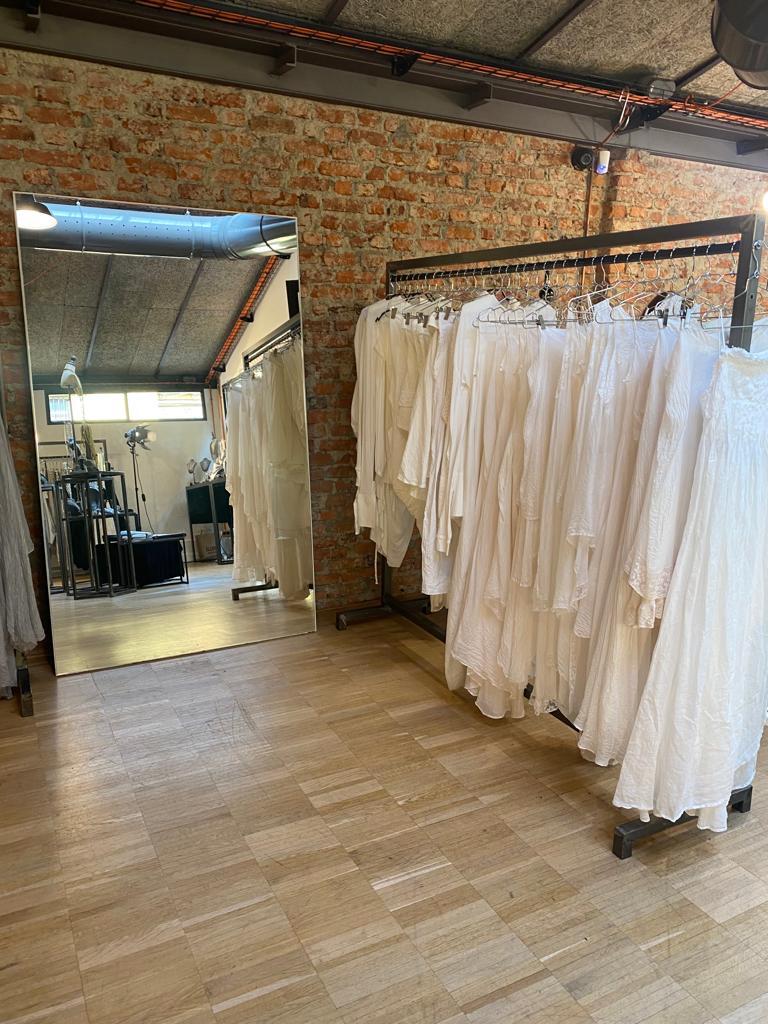What is sustainability?
Vito Mancuso: ethics, nature and accountability
What is sustainability? Think about an all-embracing definition, a few words we can extend to any field. To our whole life, indeed. In our search for a more sustainable lifestyle, Prof. Vito Mancuso offered some food for thought.
In a tv show called “Quante storie”, a must-see programme which is all about books, Prof. Vito Mancuso, a theologist and philosopher, introduced his latest essay titled “Etica per i giorni difficili” (Ethics for difficult days).
Addressing the need for shared ethics, he gave some guidance on the importance of preserving nature. Precisely, he said: “Custodire la natura è un’ assunzione di responsabilità.”
Literally:
“Preserving nature is an assumption of responsibility.”
Vito Mancuso
We believe we can extend this definition into the discussion on sustainable matters. Likewise, we can affirm: “Sustainability is an assumption of responsibility.”
And taking responsibility means, in other words, holding ourselves accountable.
But holding ourselves accountable goes beyond economics, marketing, or personal power. In fact, it’s about ethics.
And so, from a marketing perspective, can we agree to pair the word sustainable with big corporations? From the perspective of profit, can we allow well-known brands to sponsor sustainable events? Or set up sustainable fashion shows with the same rule as non-sustainable ones?
On an ethical level, we cannot.
From an ethical perspective, taking money from big corporations won’t lead to real change.
But holding ourselves accountable doesn’t mean being perfect in our effort to make a change. It means taking seriously the choice we made and being consistent with it. Fundamentally, it means changing the way we operate, and being very careful who we partner with.
Mainstream sustainability vs ethics
So, what is the mainstream sustainability movement proposing? Green capitalism is the enlightened way. Specifically, they tell us to shift towards an eco-green-sustainable model in order to keep up consuming as much as we did so far.
Of course, it won’t work. Either they are missing the point, or ethics isn’t their concern. And neither is sustainability.
What is sustainability? Read More »
